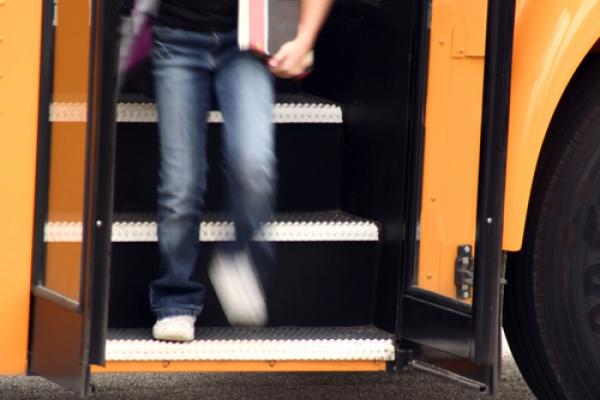As with essentially any issue, you can find Christians with opinions all across the board regarding educational policy in the United States. I am not going to pretend there is one “right” political position for Christians to take or that I know all of the factors individuals consider when making choices about their children’s schooling. However, as a Christian, former public school student, and a public school teacher, there are three requests I would make of Christians regarding their conversations and their actions when it comes to education.
1. Please focus your efforts on issues of significance.
In public schools, the loudest Christian voices revolve around issues like the debate about removing “under God” from the Pledge of Allegiance (a phrase added to the pledge in 1954, a pledge that itself was only formally adopted by Congress in 1942). Another hot-button issue involves prayer in schools. When I have participated in “See You at the Pole” events as a student and as a teacher, I felt more like the hypocrite Jesus described praying loudly on a street corner than Daniel refusing to alter his by-the-open-window prayer routine.
Read the Full Article

